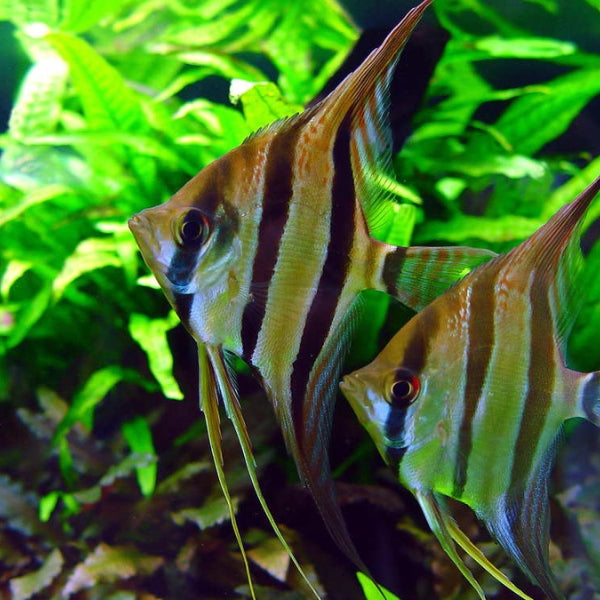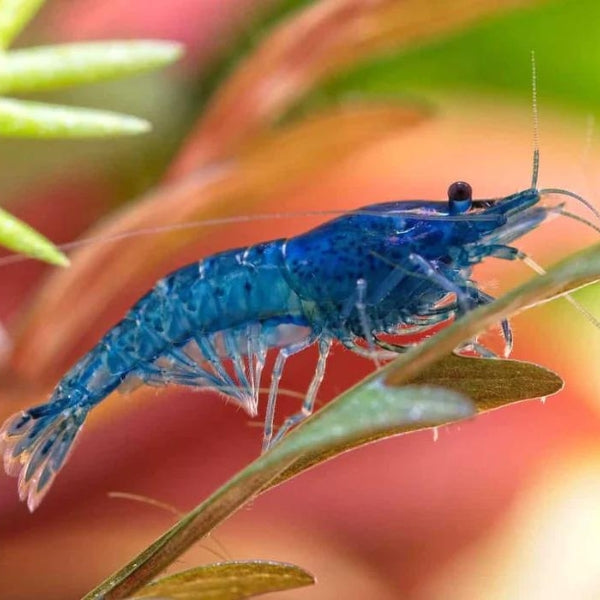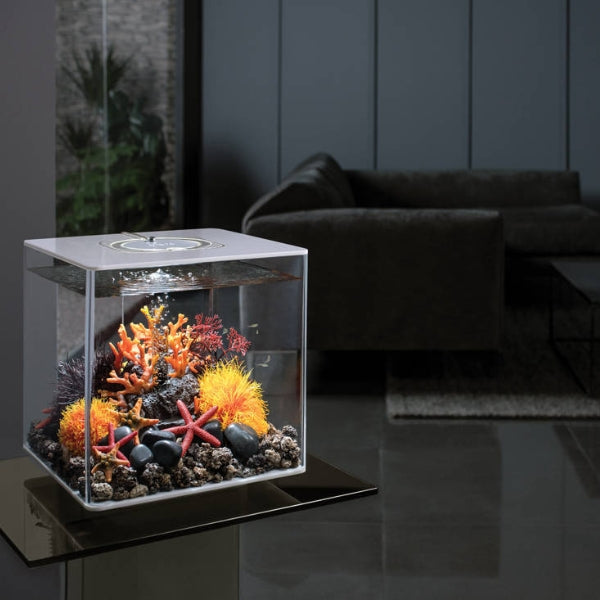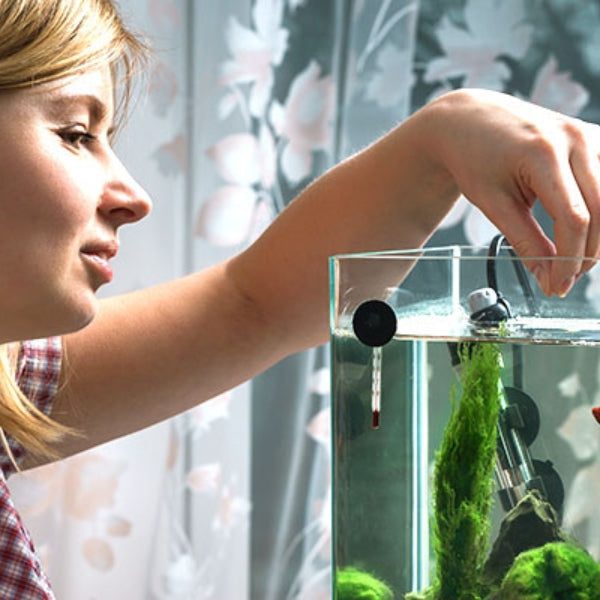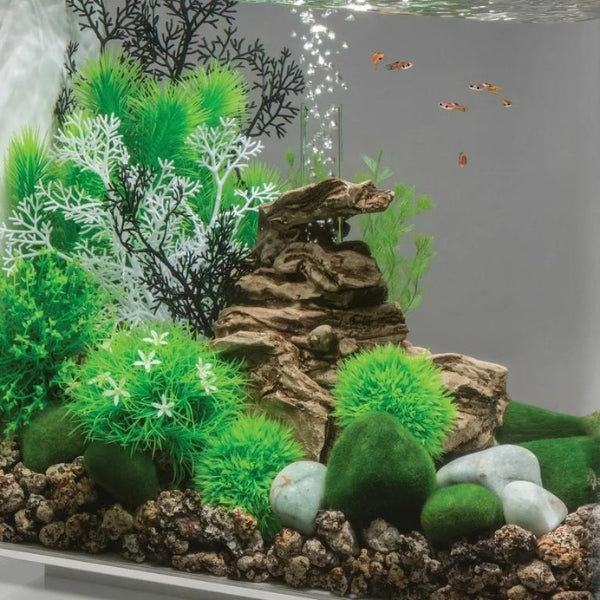
Polypterus Senegalus | Senegal Bichir Medium
Live Animals Are Click and Collect Only
Please note that we do not ship live animals. You can order online and collect in store.
Special Offer - Buy Any 5 Fish & Get 6th Fish Free Mix & Match
Offer is automatically applied when you add any six fish to cart
The Senegal Bichir, scientifically known as Polypterus Senegalus, is an intriguing and ancient fish species, often admired for its prehistoric appearance and unique behavior. This species, part of the Bichir family, is characterized by its elongated body, resembling that of a dragon or serpent, with a series of dorsal finlets running along its back rather than a single continuous fin. The body coloration typically ranges from gray to brown with a pattern of darker markings, and they can grow up to about 30-35 cm (12-14 inches) in length. Polypterus Senegalus possesses both lungs and gills, allowing it to breathe air at the surface, which is a rare trait among fish.
Origin: The Senegal Bichir is native to Africa, predominantly found in the Nile River basin, Senegal, Niger, and Lake Chad. It inhabits slow-moving, shallow waters with dense vegetation.
Temperature: The ideal temperature range for the Senegal Bichir is between 24°C and 28°C (75°F to 82°F).
Water Quality: This species thrives in a pH range of 6.5 to 7.8, with soft to moderately hard water. They are adaptable but require clean and well-oxygenated water.
Aquarium Size: A minimum tank size of 150 liters is recommended for a single Senegal Bichir. The aquarium should be securely covered as they are known to escape. They need plenty of hiding spaces and a soft substrate to protect their delicate undersides.
Feeding: Senegal Bichirs are carnivorous and should be fed a diet of meaty foods such as bloodworms, earthworms, shrimp, and small fish. They may also accept high-quality pellet food formulated for carnivorous fish.
Lifespan: They can live for 10 years or more in captivity with proper care.
Behavior and Personality: Senegal Bichirs are generally peaceful but can be predatory towards smaller fish. They are nocturnal and tend to be more active during the night. They are fascinating to watch, especially when they use their pectoral fins to 'walk' along the bottom of the tank.
Please note We don't ship live animals. You can order online and choose click and collect and we will hold it for you.



